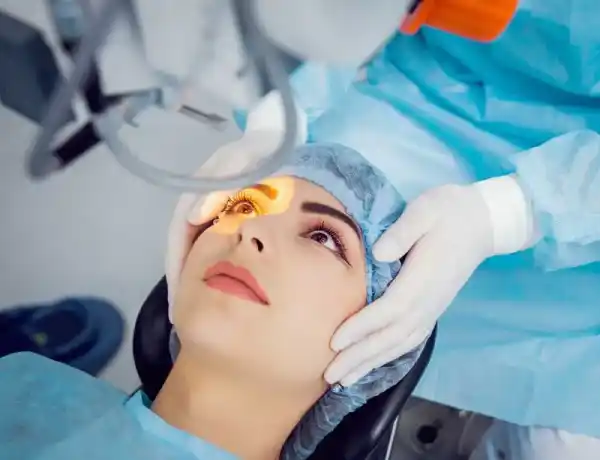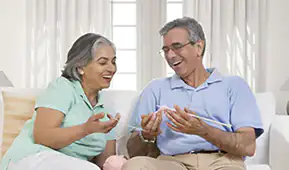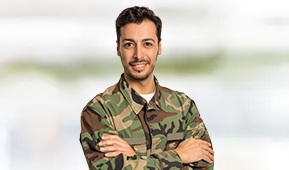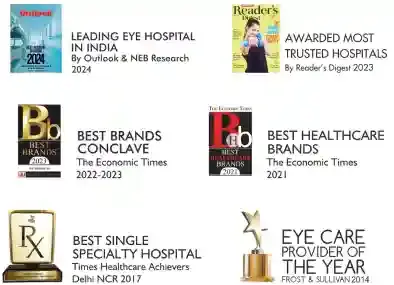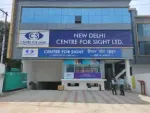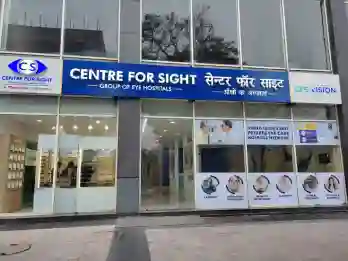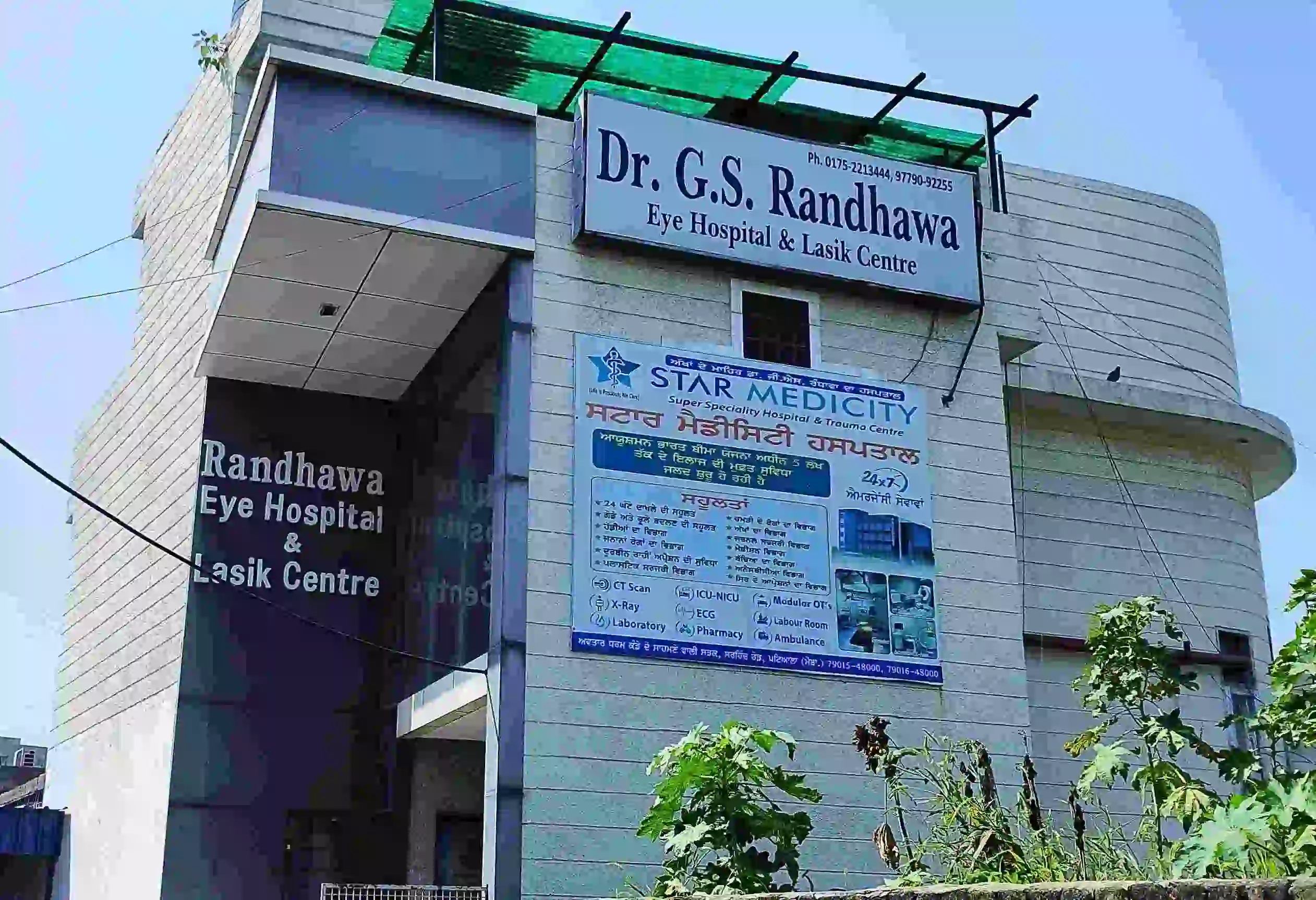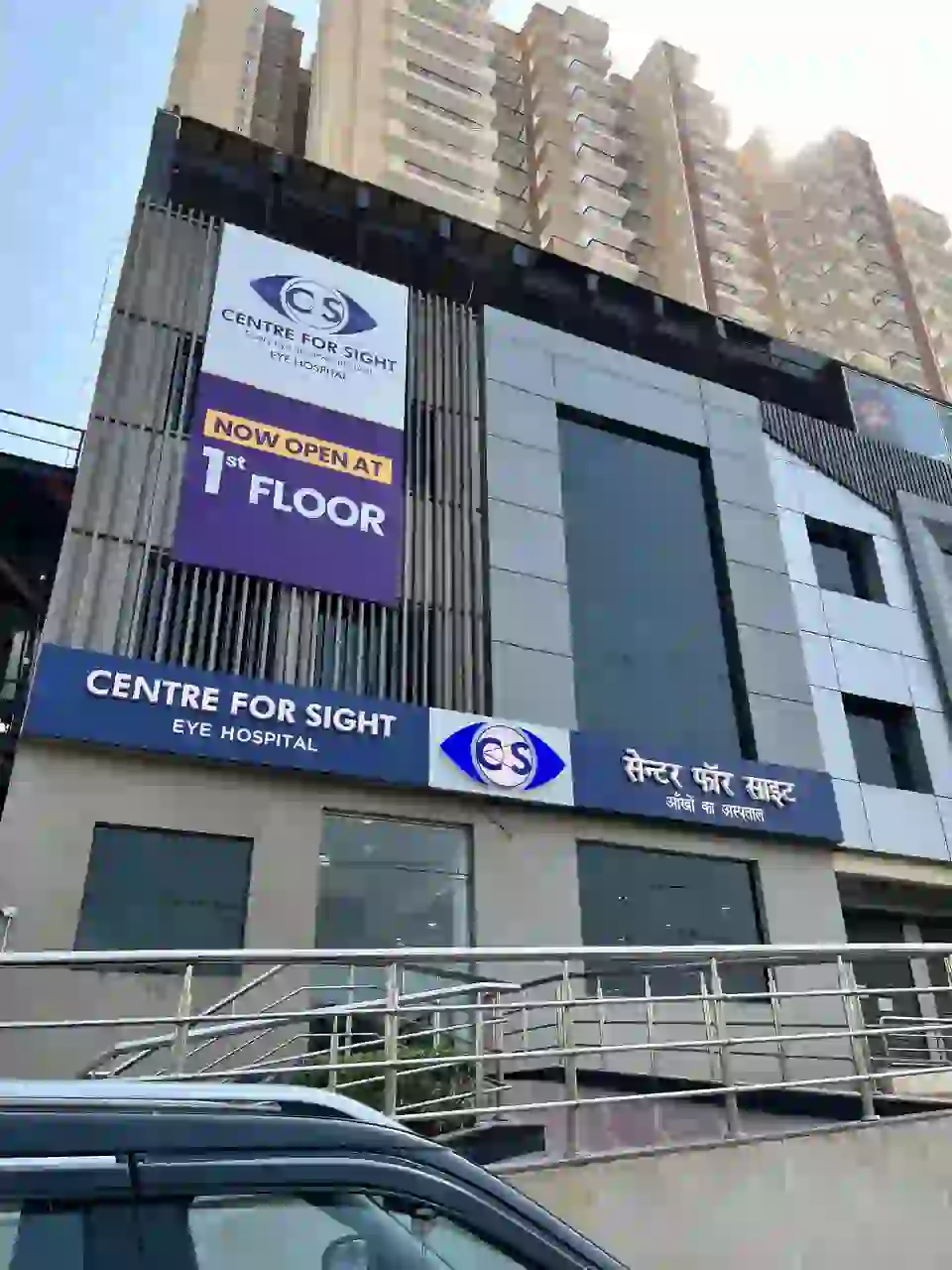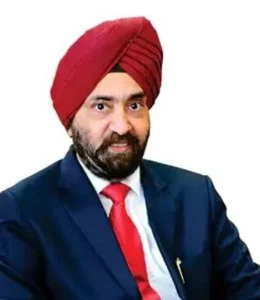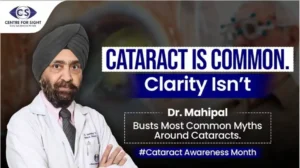Welcome to Centre For Sight
India's Leading Eye Care Network
30
Years of Trust
30+
Cities
85+
Eye Care Centres
350+
Doctors
To book an appointment
Our Eye Care Specialities
Hear It From Our Happy Patients

Abhaya Gupta
We’ve been consulting Centre for Sight for over a decade. His expertise brings peace of mind to both patients ...
We’ve been consulting Centre for Sight for over a decade. His expertise brings peace of mind to both patients and families. The staff is courteous and patient, guiding smoothly and ensuring comfort. Every visit is a pleasant, relieving experience.
Dr. Mahipal Sachdev, take a bow to your leadership and vision!
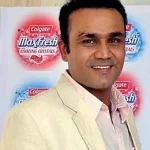
Virender Sehwag
I Think I have seen the Best Eye Hospital with all facilities. My all wishes with Centre for Sight.
I Think I have seen the Best Eye Hospital with all facilities. My all wishes with Centre for Sight.
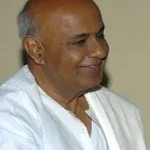
Shri H.D. Deve Gowda
Highly appreciable of highest quality of care centre.Dr. Mahipal is an ophthalmologist of great excellence both in h...
Highly appreciable of highest quality of care centre.Dr. Mahipal is an ophthalmologist of great excellence both in his caliber of work and his extremely courteous behavior. I wish him success of highest possible heights.
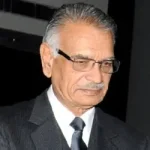
Shri. Shivraj Patil
Very Modern, Very Well equipped. One should say ultramodern, the patients would be given the best of treatment. It m...
Very Modern, Very Well equipped. One should say ultramodern, the patients would be given the best of treatment. It may graduate into a place, where not only treatment would be given to the patients, but R & D would be done. I wish the doctors and those who work here, all the best. May it develop into an institution which gives physical and spiritual vision. Spiritual vision would flow out of the dedication with which the institution is built and run.

Bipasha Basu
Seven years back, I used to wear eyeglasses & contact lenses, but then I got SMILE Eye Surgery done at Centre fo...
Seven years back, I used to wear eyeglasses & contact lenses, but then I got SMILE Eye Surgery done at Centre for Sight. The entire procedure was seamless & quick, and even my vision was completely restored. It really transformed my life! So, don’t hide your beautiful eyes behind eyeglasses. It’s time to #BeSpecsFree.
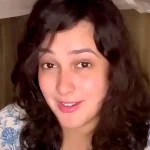
RJ Krutika
I am feeling very light and relaxed after the surgery. I used to feel tired from wearing contacts and glasses, but n...
I am feeling very light and relaxed after the surgery. I used to feel tired from wearing contacts and glasses, but now there is a sense of relief. I would recommend the SMILE procedure to everyone who wants to eliminate SPECS from their lives.
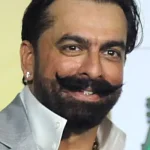
Jas Arora
When it comes to my eyes, I trust only the very best. Which is why I chose Centre for sight to get rid of my glasses...
When it comes to my eyes, I trust only the very best. Which is why I chose Centre for sight to get rid of my glasses. Their treatment is permanent, has no side effects and gave me the freedom to live to the fullest. All one can say is Thank You. Most amazing combination of Experience & Technology.
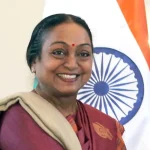
Smt. Meira Kumar
Dr. Mahipal Singh Sachdev, his wife and his team of doctors and para medicos are excellent. My eye surgery has been ...
Dr. Mahipal Singh Sachdev, his wife and his team of doctors and para medicos are excellent. My eye surgery has been very successful and I deeply appreciate it. With all good wishes.Dr. Mahipal Singh Sachdev, his wife and his team of doctors and para medicos are excellent. My eye surgery has been very successful and I deeply appreciate it. With all good wishes.
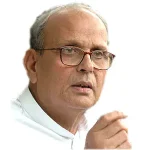
Shri. V.P. Singh
At Centre for Sight hospital, the doctors and staff are very cooperative under the very talented Dr. Mahipal. Here t...
At Centre for Sight hospital, the doctors and staff are very cooperative under the very talented Dr. Mahipal. Here the staff is well trained and one can find the latest and finest technology prevailing in any part of the world. My best wishes for Centre for Sight
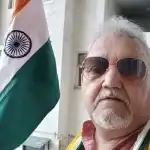
BN Sharma
I got my cataract surgery at Centre For Sight. I find it the best for eyes care, well equipped, excellent service &a...
I got my cataract surgery at Centre For Sight. I find it the best for eyes care, well equipped, excellent service & very professional.
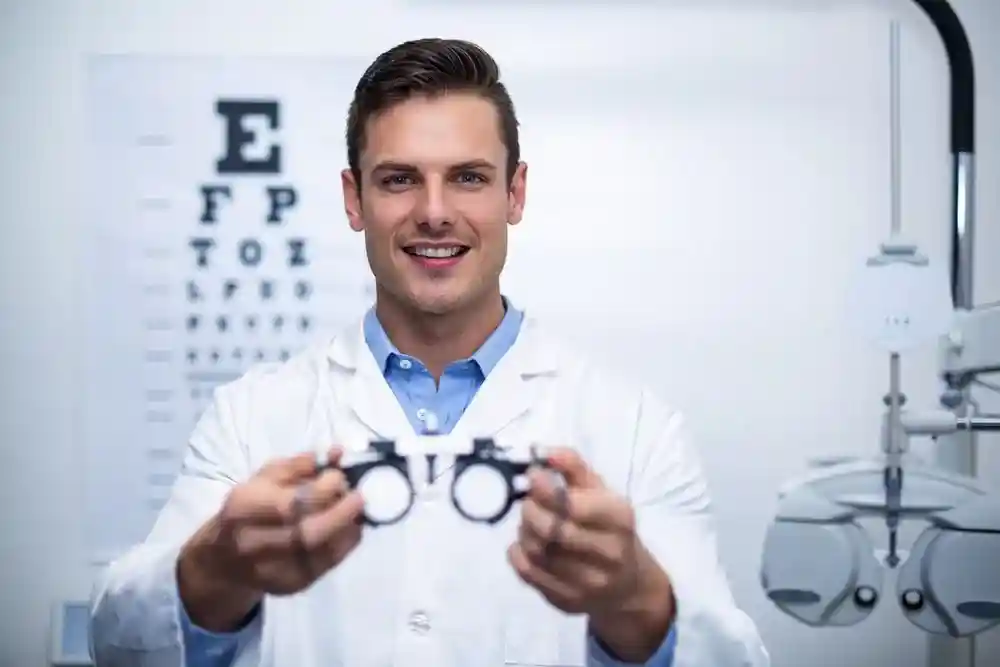
Highly Skilled Eye Specialists
Best-In-class Treatment
Centre for Sight was established with a mission to provide the best quality of comprehensive eye care with a personal touch. It has gradually established itself as one of the best eye hospitals in India, where a team of highly skilled and experienced doctors who have profound knowledge is well-equipped with the latest surgical and diagnostic technology to offer successful treatment. The doctors at CFS cater to all sorts of eye care services and surgeries like LASIK eye surgery, specs removal operation, blade-free cataract surgery, glaucoma, retina treatment, squint treatment, keratoconus treatment, and more.
Technology Advancement
At Centre for Sight (CFS), we are pioneers in utilizing cutting-edge technology to revolutionize eye care, including innovative procedures such as SILK (Smooth Incision Lenticule Keratomileusis) and SMILE (Small Incision Lenticule Extraction). We firmly believe that effective eye care requires the seamless integration of state-of-the-art technology with the expertise of our highly skilled specialists. Our commitment to quality eye care is unwavering, and our guiding principle is to make advanced eye care accessible to everyone.
